Which style is right for you?
If you’re thinking about starting a podcast but have no idea about the different types of shows you could do, here are a few of the most common ones…
1. The Interview Podcast
As the name would suggest this is where you interview a different guest each week. Or you could also interview multiple guests in one episode.
Advantages of an interview podcast
It opens your show up to a new audience
If a guest shares your show on social media that can open your podcast up to a whole new set of ears.
So keep that in mind when you’re thinking about the experience you want to create for your guests because they’ll always be more willing to share your content if they had a great time.
It gives you access to different content
Instead of having sole responsibility for every single piece of content on your show, interviews open your podcast up to different opinions, stories, advice and expertise.
This provides a lot of variety for your audience and takes a lot of pressure off you.
You can do it from the comfort of your own home
All you need is a computer, a decent microphone, a remote recording platform like Squadcast or Riverside and you’re ready to roll.
Recording your podcast with guests remotely also gives you more flexibility which means you might be able to attract international guests and that’s always a good thing.
Disadvantages of an interview podcast
Booking guests can be difficult
When you’re starting out it can be hard to get guests to say yes to coming on a show they’ve never heard of or one that doesn’t have an audience or a proven reputation.
That doesn’t mean it’s impossible, and all you need is that first guest to entice the next one but it’s something to keep in mind when you’re getting ready to start your show.
It might take a while to get enough guests locked in to have a decent amount of content ready to go.
You have to work around other people’s schedules
Finding a time to record can be difficult, particularly if you’re trying to book someone who’s really busy. That’s why you need to be flexible.
You can’t say “Hey I’d love to get you on the show but I can only do half an hour on Friday one week from now”…unless of course, you’re Oprah.
If you’re a newbie podcaster and you want people to come on your show for free (which is the norm) you have to work around them.
Research takes a lot of time
Your guest is always going to be more responsive and generous if you’re well prepared. Unfortunately, being well prepared takes A LOT of time.
Research has a tendency to fill whatever time you’ve got available so try and be disciplined so you don’t procrastinate but still give yourself enough time to be fully prepared.
Putting time and effort into this part of the process will pay off in the actual interview because you’re always going to get more out of your guest if you’ve got great questions.
Your guest might not be great talent
Just because someone has a great story or impressive expertise doesn’t mean they’re going to be a great interview.
To get the best out of a guest you need to be prepared and make their experience as positive as possible but the truth is, some people just aren’t great podcast talent.
That doesn’t mean they’re not talented but talking into a microphone isn’t for everyone and that’s ok.
Ideally, you want to find this out before you press record so this is where a pre-interview can come in handy.
If you’re not able to do a pre-interview try and book an additional 10-15 minutes at the start of your interview so you can get as comfortable with each other as possible because that will help you get better content in the end.
2. The Solo Podcast
This is a fairly common type of podcast and it’s often used by people who have expertise they want to share with an audience.
The set-up is just you, a microphone and your audience listening on the other end.
Advantages of a solo podcast
You don’t have to worry about anyone else
Because you’re flying solo, you can work to your own schedule without worrying about trying to lock down a guest.
You also don’t have to worry about a co-host being super excited to work with you for the first couple of episodes and then changing their mind after they realise how much work it is (I’ve seen this happen to podcasters A LOT).
Editing is easier
Editing one voice is much easier than editing many. Plus you’ve got the added joy of not having to deal with things like overtalk which can be a pain in the butt to cut around.
You’re also more likely to stay on track and stick to your episode plan when you’re presenting solo and that’s always a good thing.
It’s a great way to build your personal brand
Doing a solo show is a good way to establish yourself as an expert in your field because you can share your expertise with an audience.
Alternatively, if you’re a comedian or social commentator it’s a great way to get your point of view out into the world without having to write a whole comedy festival show or get a spot on TV or radio.
You can develop a deep connection with your audience
As the host of a solo podcast, it’s just you and your audience so it’s much easier to build a connection with them, fast.
Because you’re speaking directly to them, not a co-host, it won’t take long for your listeners to feel like they know you.
And once they start to feel like that they’ll be more inclined to stick around AND recommend your show.
Disadvantages of a solo podcast
It’s hard to get your performance right
If you’ve got no one to bounce off it can be difficult to harness the conversational energy you need to keep an audience engaged.
So, if you’re brand new to podcasting and nervous behind the mic, I’d recommend taking time to practice before going live so you can get as comfortable as possible.
Also, spend time listening back to your episodes so you can work out how much energy you need to make your show sound engaging. Often it’s more than you think.
And remember there’s no time limit on this.
You could be recording practice episodes for years before you release anything and no one ever needs to know. So, practice, practice, practice and you’ll get there.
3. The panel show
This type of podcast is usually hosted by one person with a panel of guests that changes each week depending on the topic.
Advantages of a panel show
It keeps things interesting for your audience
A panel show is a great way to give your audience something different each week because they’re constantly getting access to new opinions and perspectives.
It also means you don’t have to be an expert on every single topic because you can bring in people who are experts in their space so you and the audience can learn from them.
It takes the content pressure off you
When you’ve got other brains in the room, you’ve got other people to rely on for content.
Yes, you’ll need to moderate the conversation which can be hard work, but you’ll also get so much more from your guests than you could dish up on your own.
Disadvantages of a panel show
Booking guests can be tough
Not only is it difficult from a scheduling perspective, but if you’re starting out it might be difficult to get guests to agree to come on your show in the first place.
That doesn’t mean it’s impossible.
In fact, if you work in an industry where you have a lot of colleagues who can offer great insight in your niche you could draw on your personal connections.
One thing to remember is that the more people you’ve got involved in your podcast the more time it’ll take to wrangle those people.
That’s fine if you’ve got a bunch of producers working behind the scenes but if it’s just you, doing this on top of a full-time job, it might be more hassle than it’s worth.
It can be hard to keep things on track
You have to be quite skilled as a moderator to keep a show like this moving and progress the conversation from guest to guest.
Sometimes you’ll have panellists who’ll naturally jump in once someone is finished. At other times they might need their hands held a little more.
Either way, it’s your job to be on top of things and keep the conversation moving.
If you’re doing this via a remote recording platform with people in different locations it can also be difficult to get the rhythm right.
But if you nail it, it can sound awesome.
4. Conversational and co-hosted podcasts
This style is pretty common and the basic set-up is two or more people having a conversation.
It’s a great option if you’ve got co-hosts you’ve got good chemistry with who are equally committed to building and growing a podcast.
Often there might be one person who takes care of the business of the show e.g. introducing the show, setting up the topics and listing off the calls to action at the end.
Having one person responsible for this can help keep things on track but it’s important everyone still brings something to the conversation.
Advantages of conversational podcasts
It’s a fan favourite
If you’ve got great chemistry with your co-host(s) these shows often build a fan base quickly because people want to be part of the club.
Often listeners will describe these shows as feeling like they’re “catching up with old mates” which is exactly what you want them to say.
It’s fun
If you’ve got great co-hosts who make you laugh and constantly surprise you with their insights and perspectives this style of show can be an absolute blast to do.
You’re relying on other people for content
Two or three heads are better than one when you’re coming up with content for a weekly show.
If you’ve got co-hosts who bring a lot of ideas, planning can be a creative dream.
It makes a great live show
This type of podcast is perfect if you want to go out on the road and do your show in front of a live audience.
Disadvantages of conversational podcasts
Everyone needs to be on the same page
The more co-hosts you have the more you’re at the whim of people’s passions, priorities and schedules. So, to make this a success everyone needs to be 150% on board or the show will eventually fizzle out.
A podcast partnership is like a marriage so you have to choose the right person or people to get into bed with.
It’s harder to edit
The more people you’ve got on your podcast the more potential for overtalk, tangents, faff, and fluff.
This is important to consider if you haven’t got a great deal of time for editing and post-production.
It’s also a good idea to record less audio because you don’t want to be trying to whittle three hours of recording down to a 30-minute show.
5. Non-fiction storytelling podcasts
Even if you’re an experienced podcaster this type of podcast can be really difficult to do well without a team of people behind you.
Nailing this format often requires journalists, editors, producers, sound designers as well as a lot of time. Examples include This American Life, Serial and S-Town.
You can make shows like this as simple or complex as you like but they often contain a lot of audio elements including grabs of interviews, ambient sound, phone conversations, behind-the-scenes audio and the list goes on.
They also require time to collect all these different elements, storyboard them and then edit everything together.
So unless you know what you’re doing, this is a style I’d avoid in the early days.
However, if you’ve got access to a great story but you’re not ready to put it together yet, there’s no reason you can’t start collecting interviews or bits of audio and put it together at a later date.
When you eventually do start to put it together you’ll thank yourself for having all that audio in the can.
6. Fiction storytelling podcasts
If you’re a good writer this can be a great way to get your writing out there but again it requires more than just reading into a microphone.
This style is more audio cinema than audiobook and often requires music, production and potentially multiple actors.
7. Repurposed content
You’ll notice a lot of television shows do this where they’ll repurpose their TV show into a podcast for people to catch up on later.
Examples include The Rachel Maddow Show, Real Time with Bill Maher and Paul Murray Live. This can also be done with live shows like The Moth.
It will often require editing and curation if you want to make sure it translates to a podcast audience.
A lot of shows don’t bother doing this and that ends up limiting the audience to people who missed the show live and want to catch up rather than a podcast-specific audience looking for great content.
A few small tweaks can make your show work as a podcast as well and if the content translates across it can be a great way to get two bites out of the content cherry and grow your audience.
8. Hybrid podcasts
This is a mishmash of the previous types of podcasts. And you can be as creative as you like with what a hybrid podcast means to you.
You can mix and match depending on what suits your show so cherry-pick the best bits and create a style that’s engaging for your audience.
Got a burning podcasting question you’d like answered? Send me an email.
Want to start your own podcast but need a little help? Download my “How To Start A Podcast” guide or sign up for my online podcasting course, PodSchool.
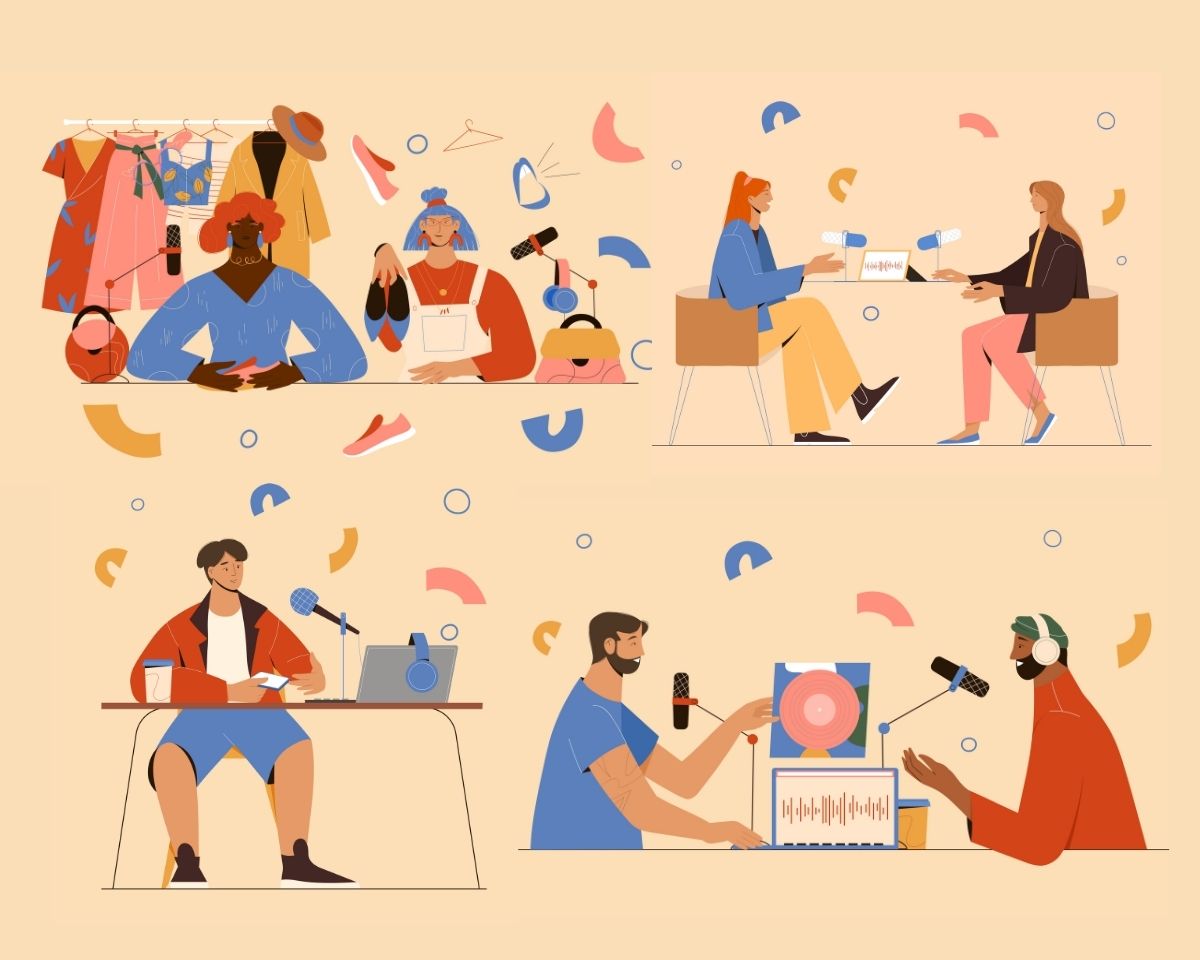

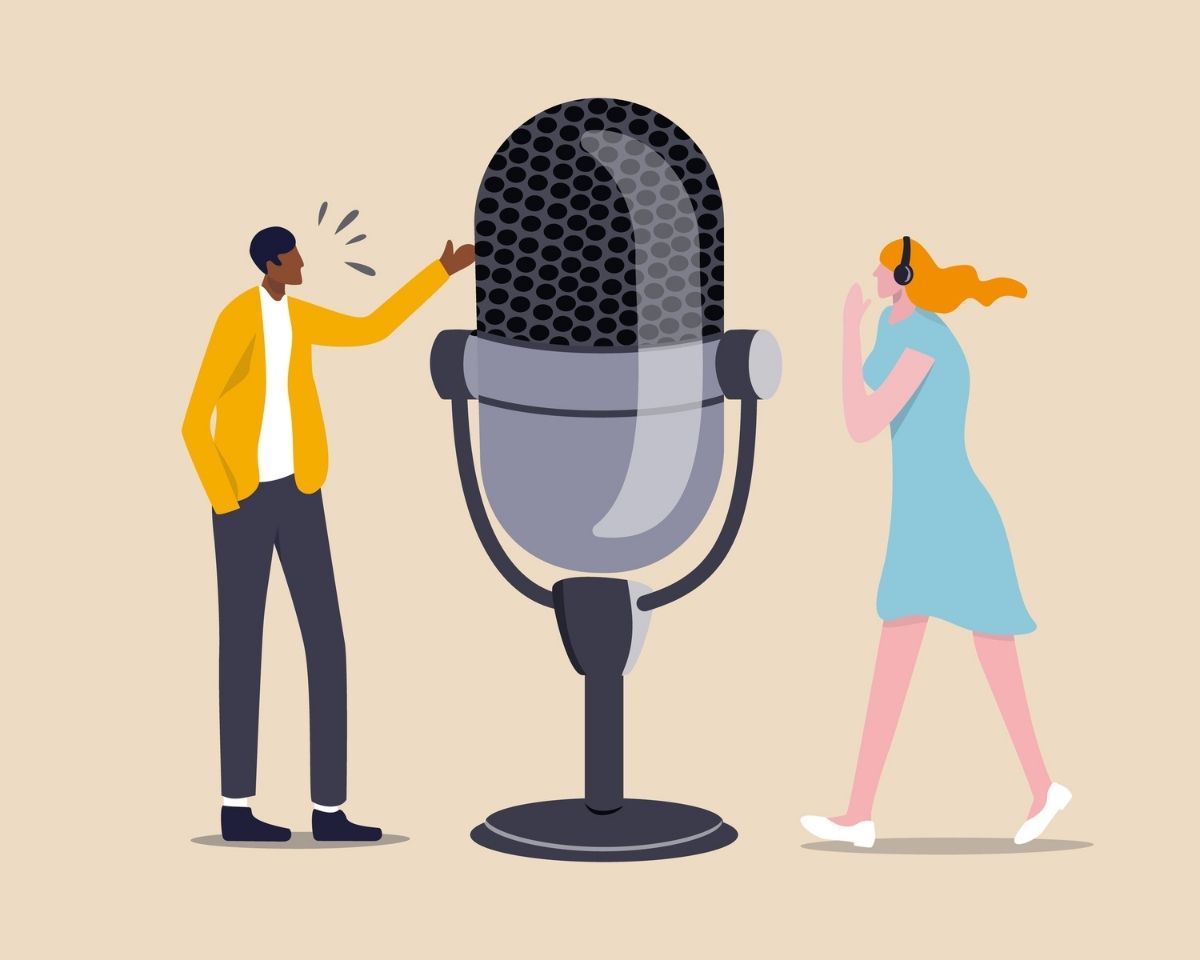

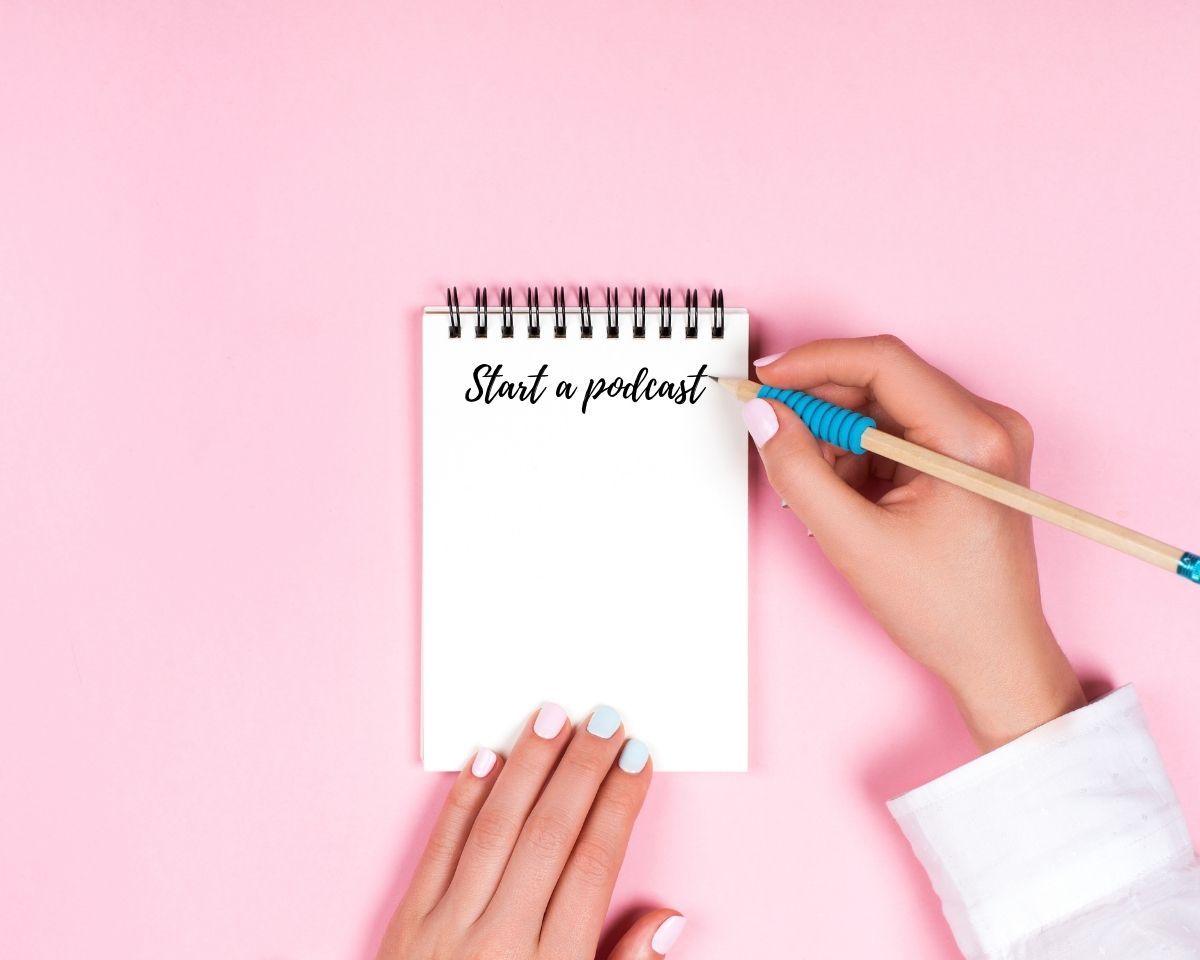
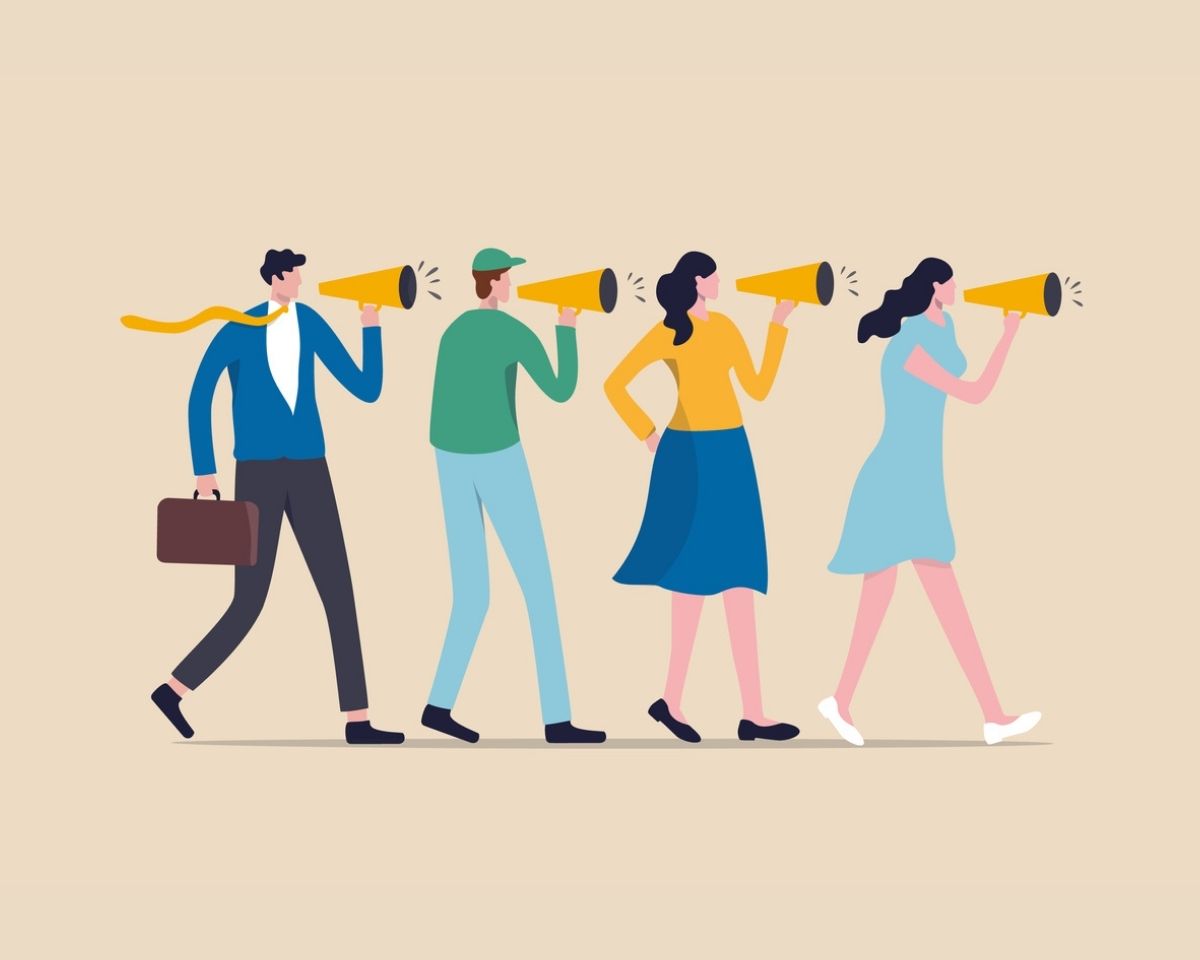
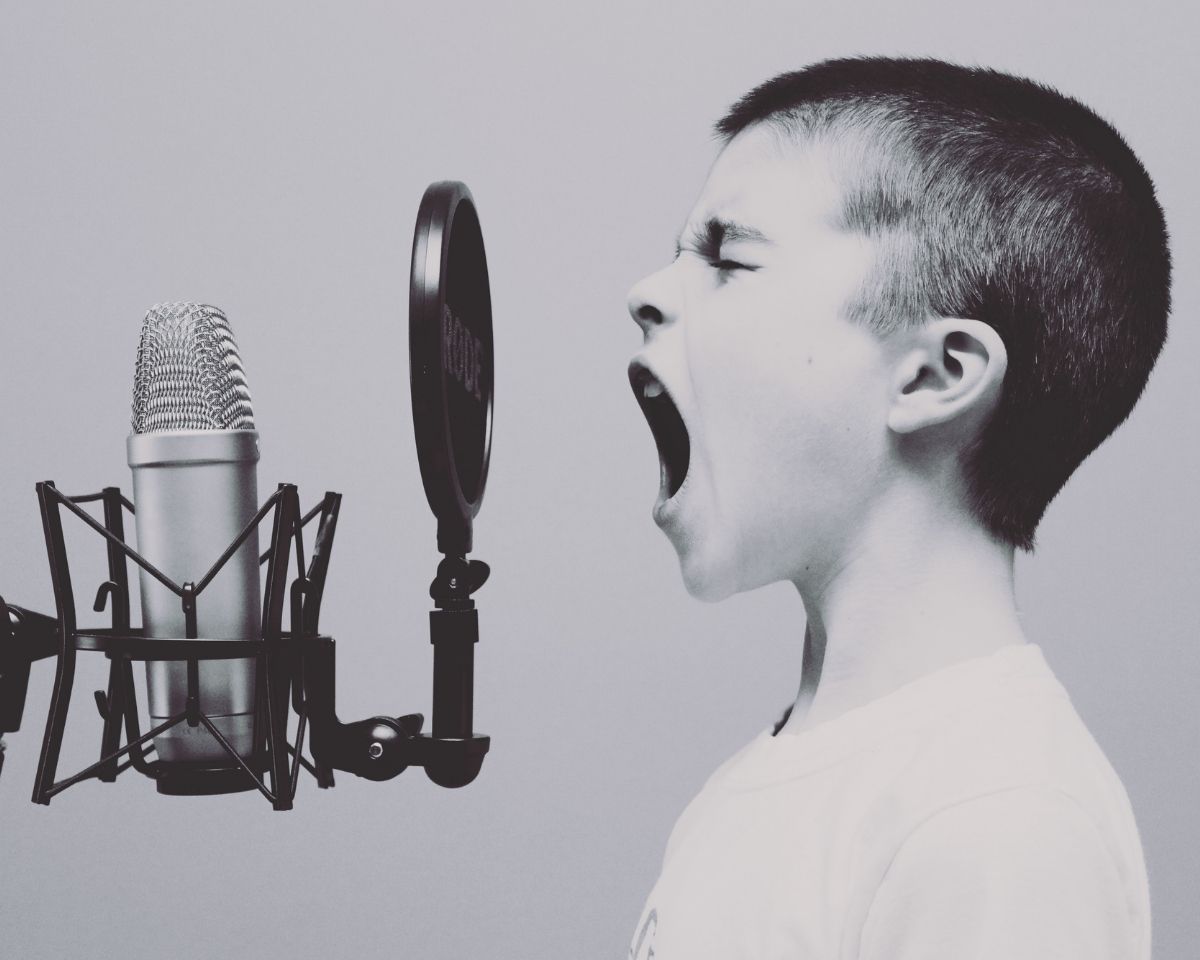
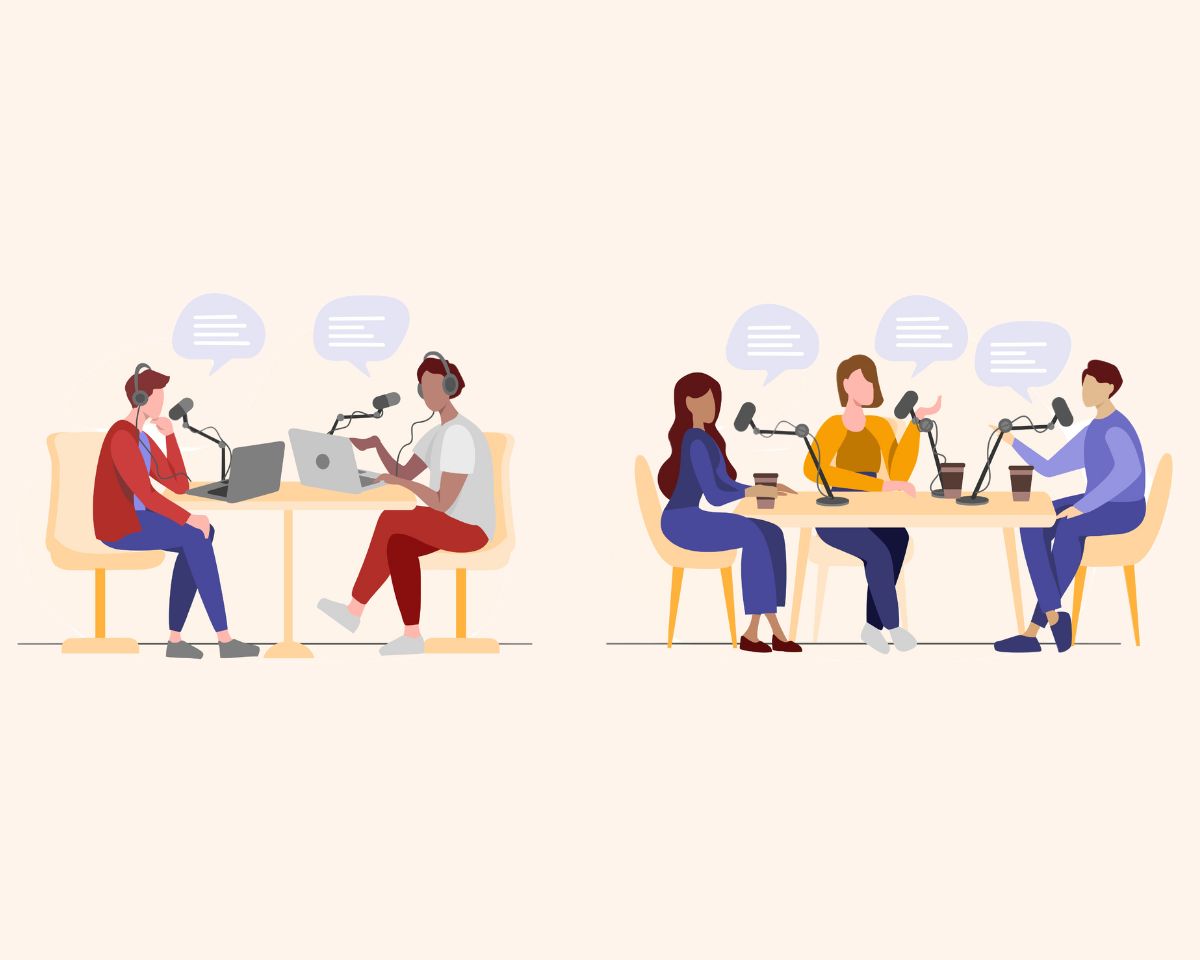

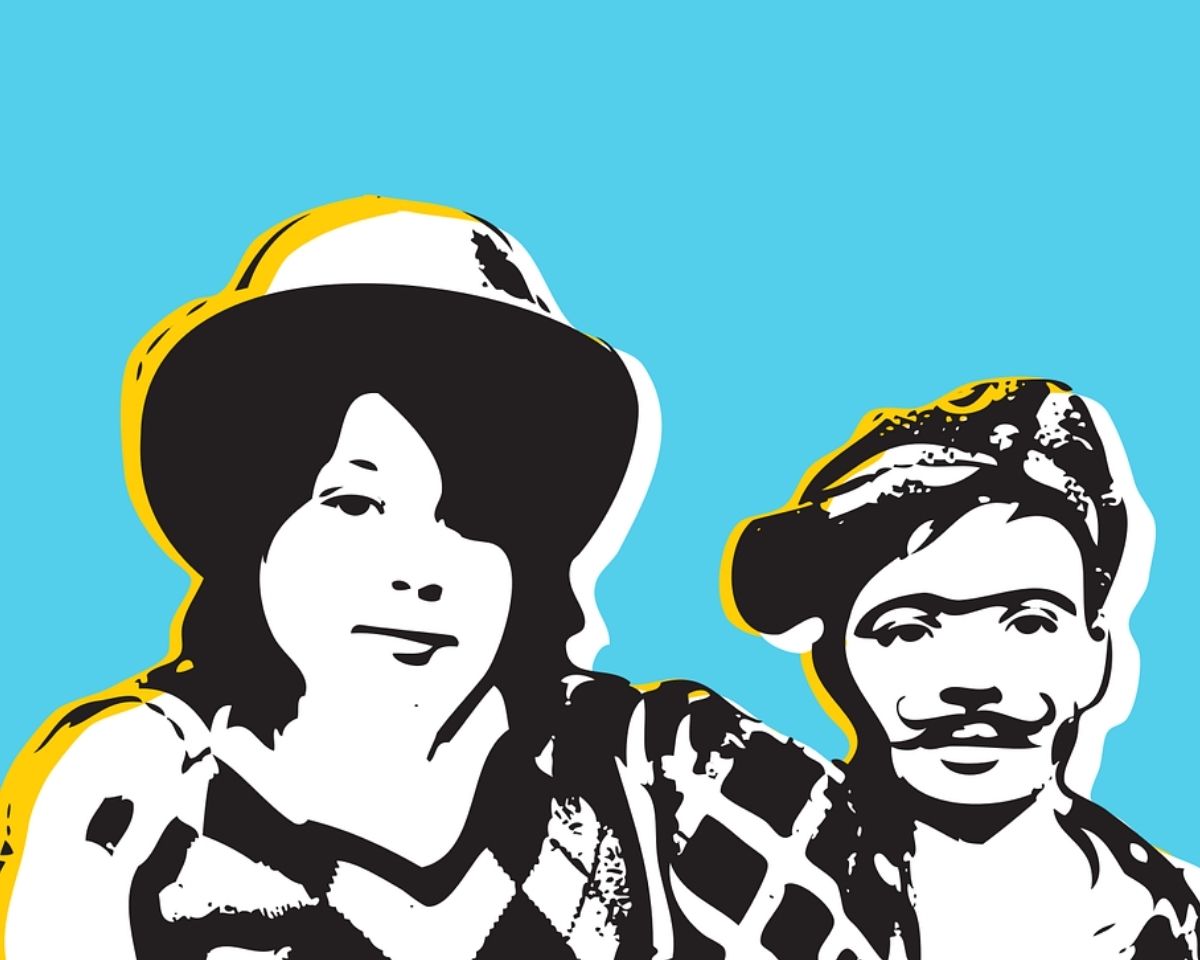

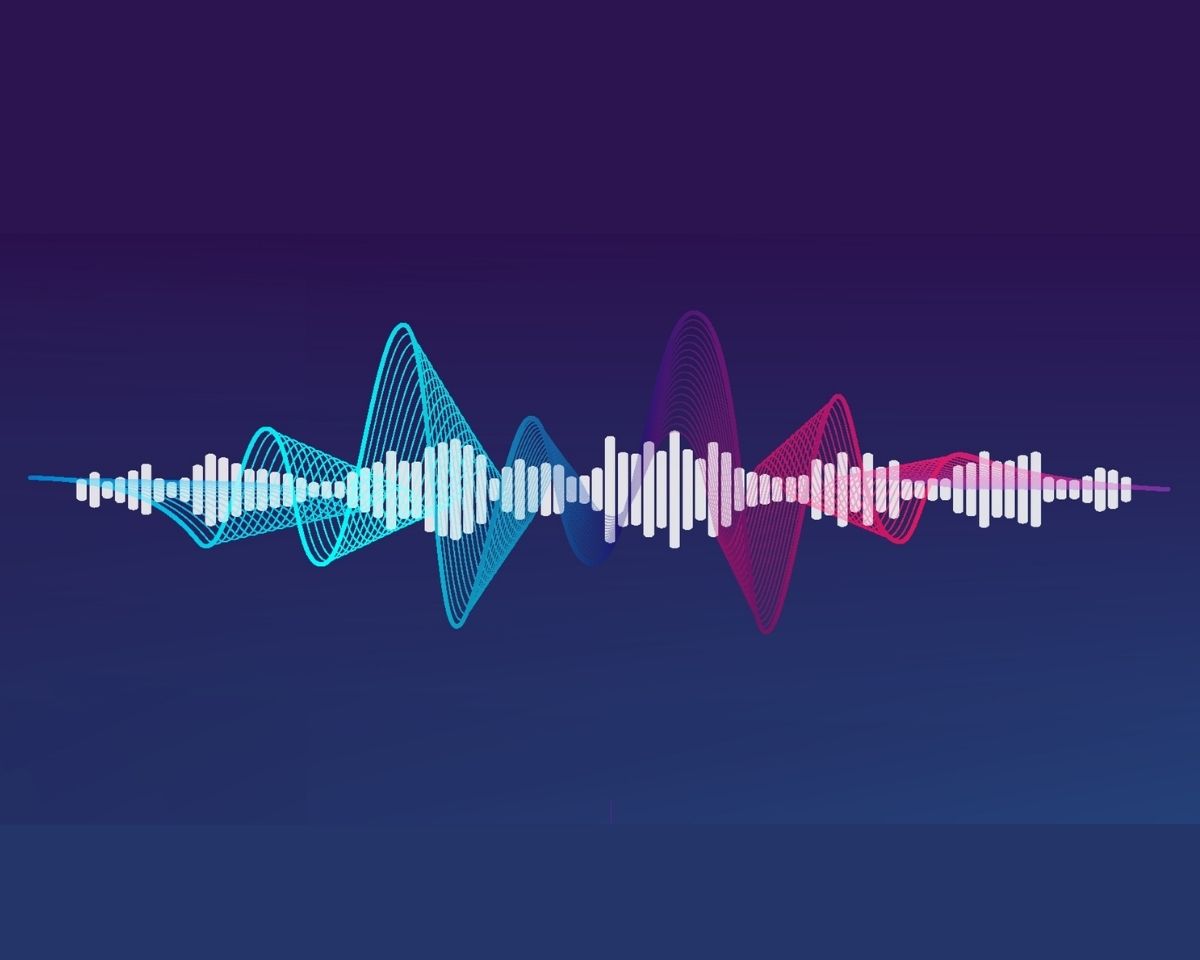
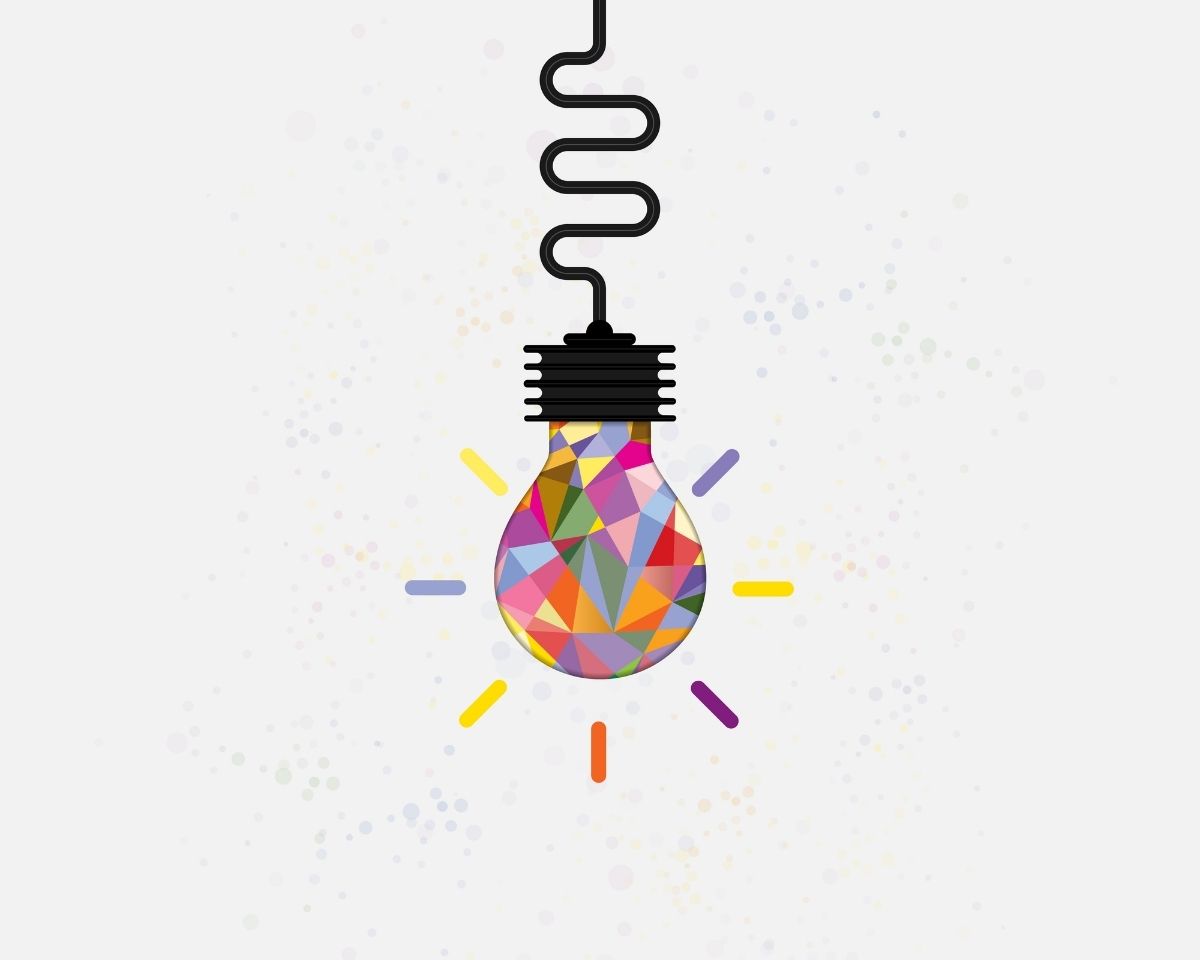
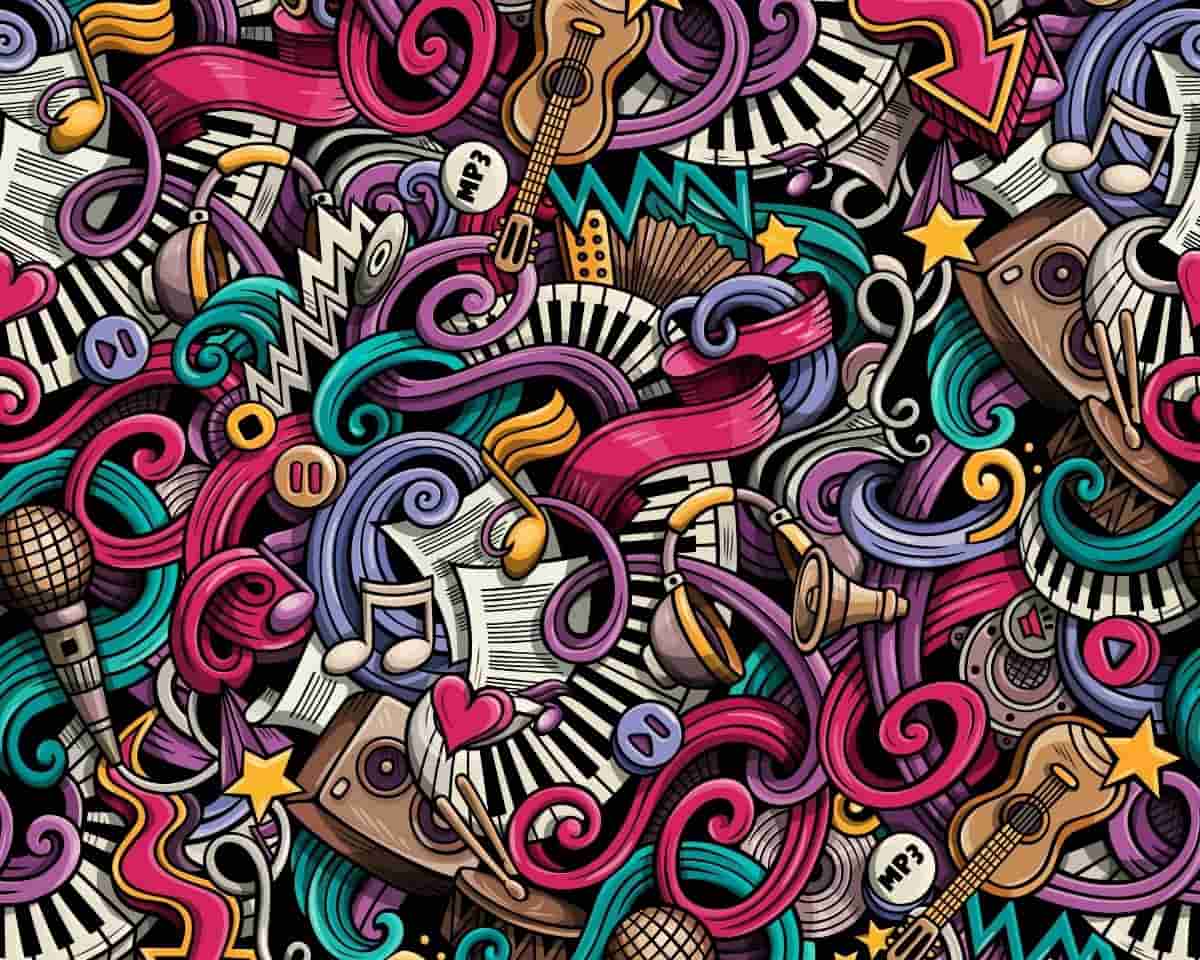




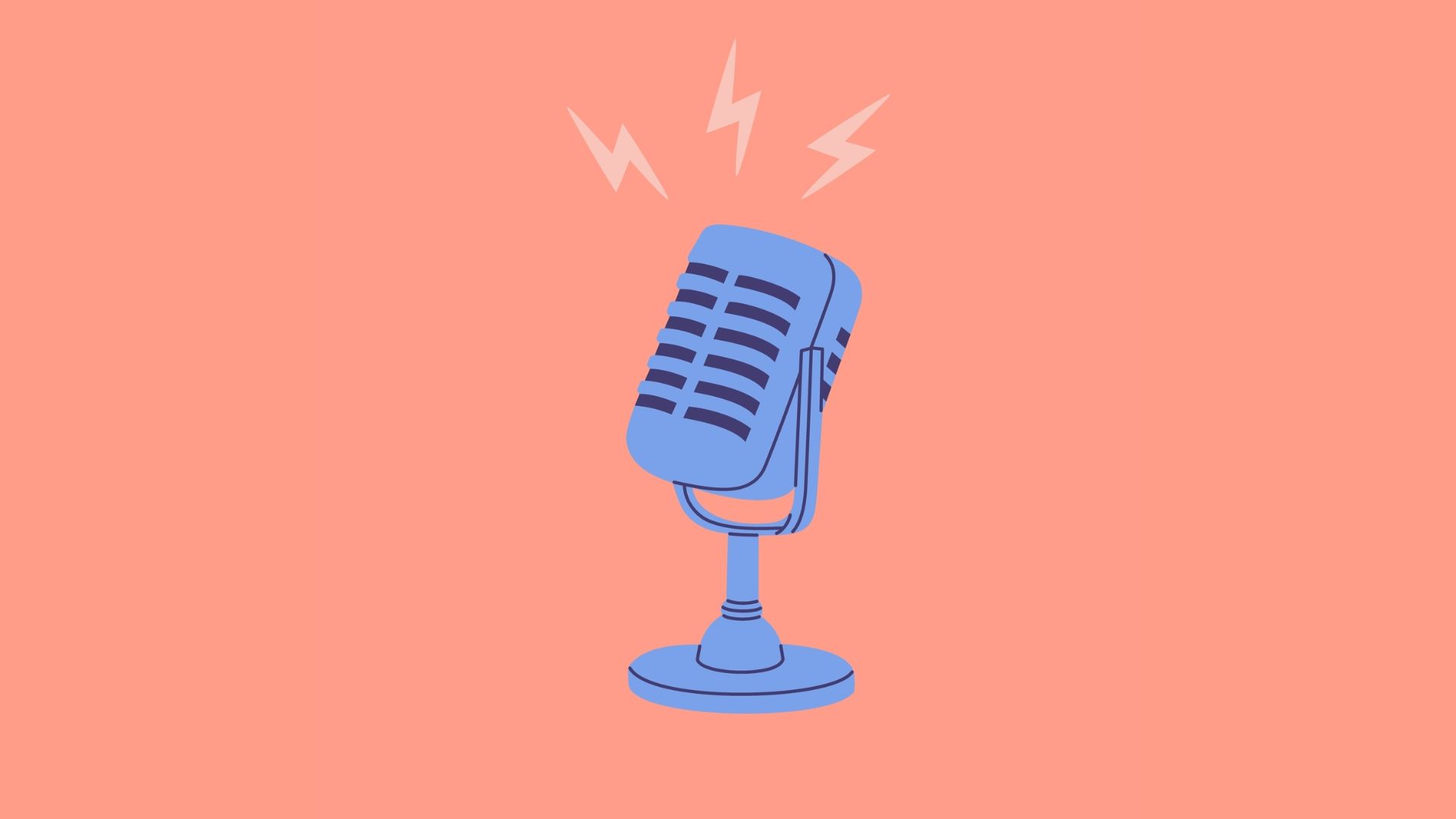
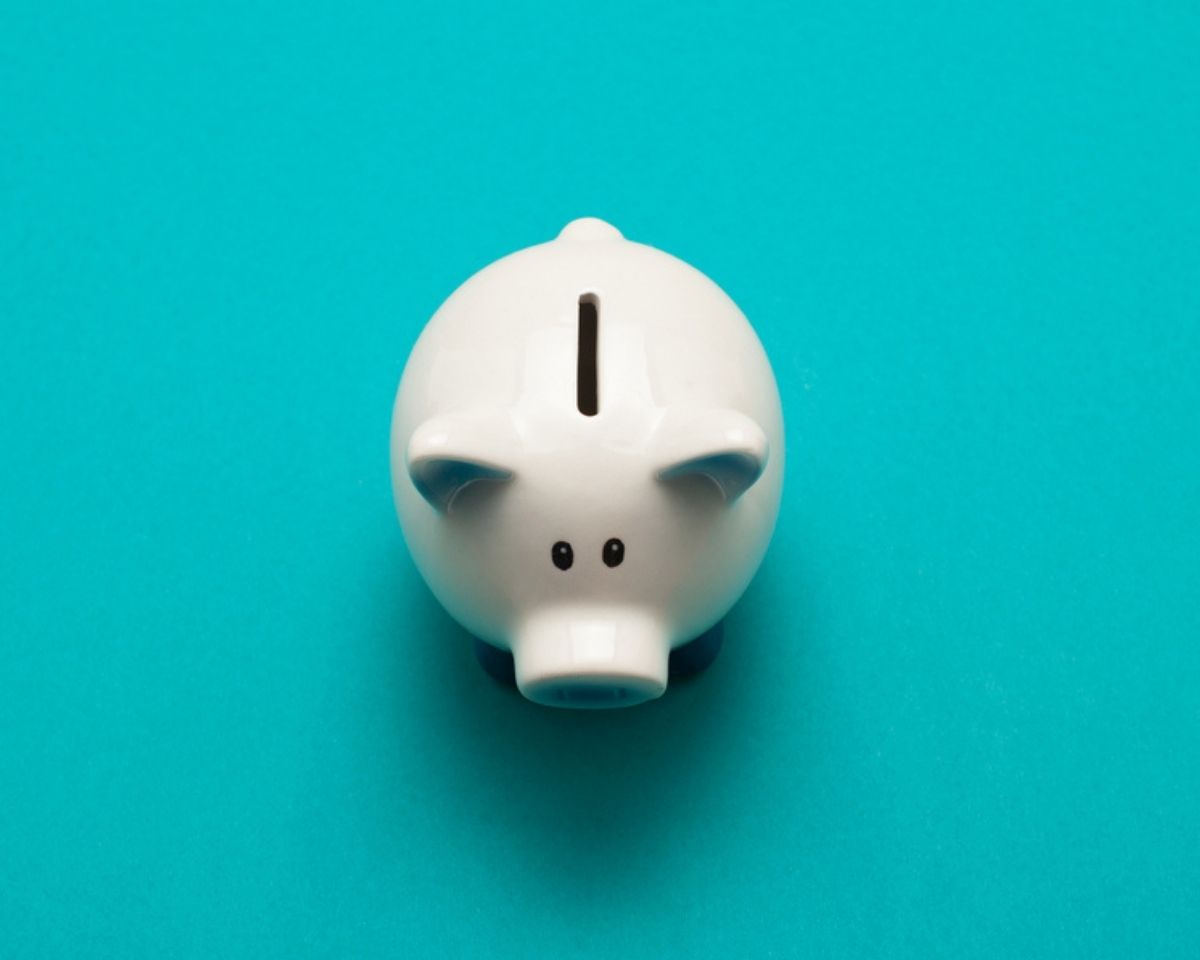
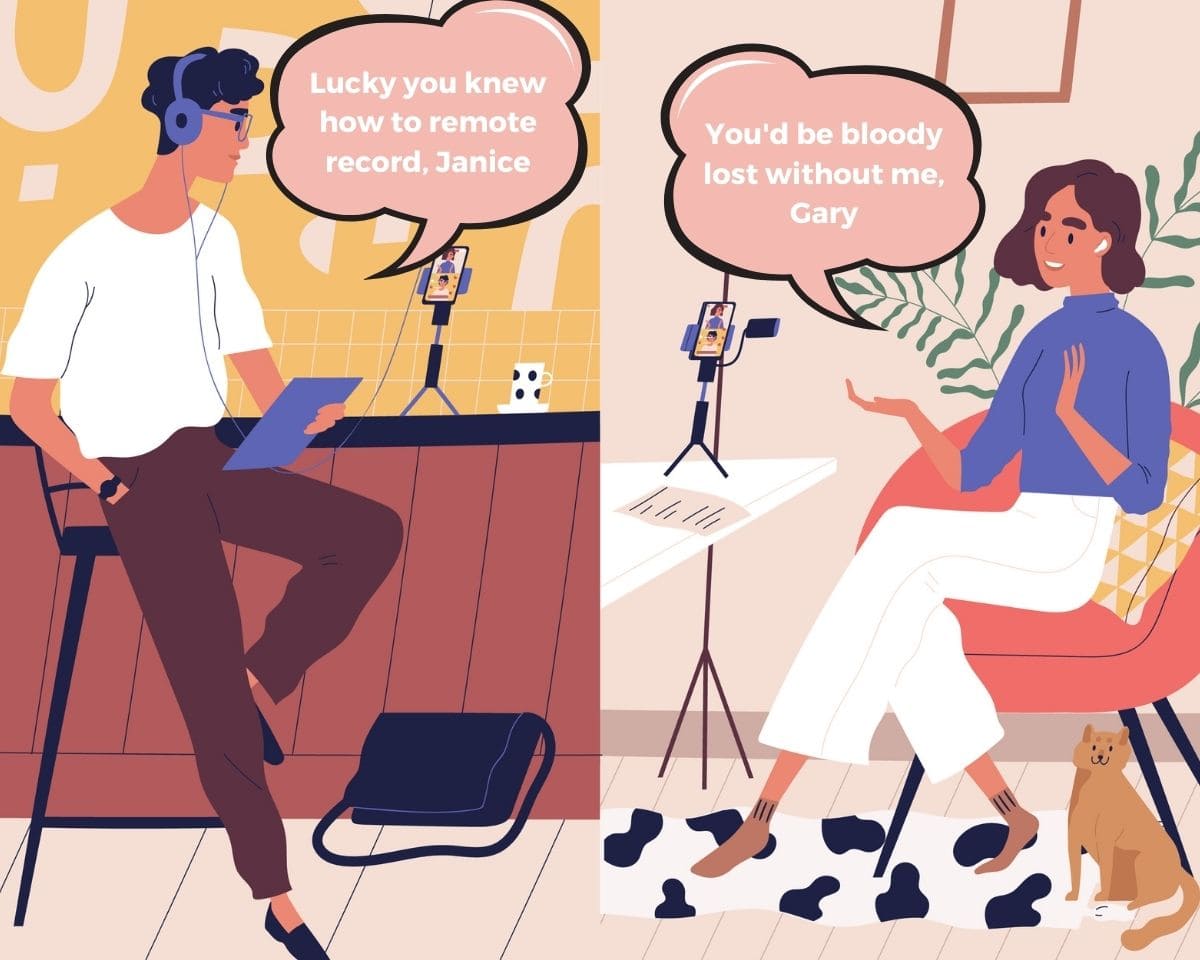
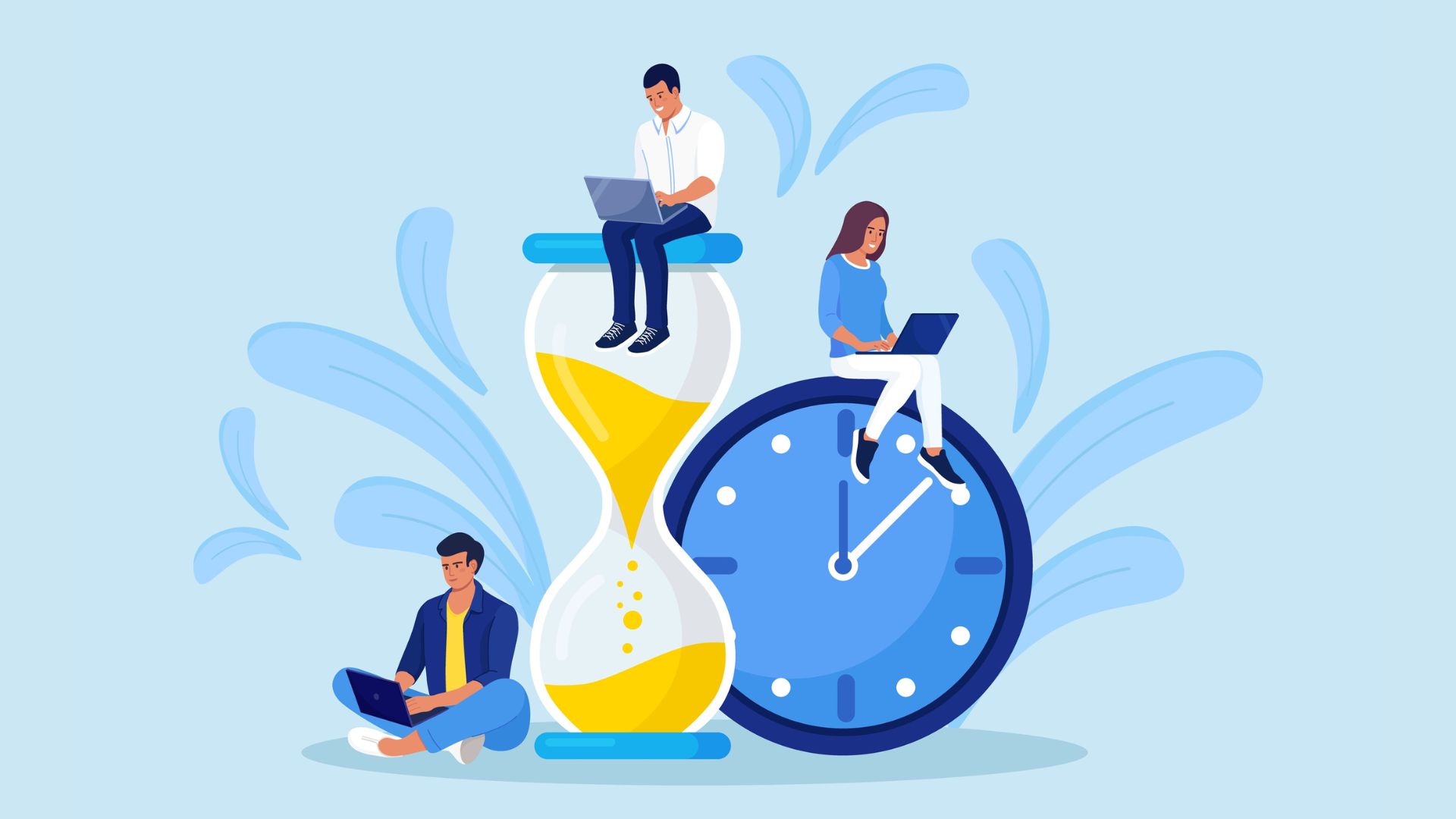

9 Responses
This article provides an excellent overview of different podcast types and their respective benefits.
thanks for the info!
helpful
Very informative and well written,
Thanks!
So helpful!! Thank you so much!
Concise and clear. Thank you!
Thank you this was so helpful
Super clear and helpful, thank you!
Thank you for writing this!